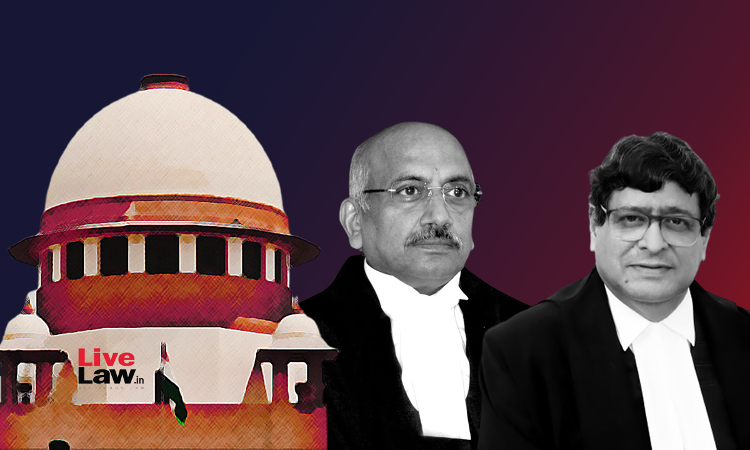Hijab Verdict : Judges Express Contrasting Views Regarding Fraternity & Discipline
Manu Sebastian
13 Oct 2022 9:11 PM IST

While Justice Gupta feels that allowing religious symbols in schools can lead to fragmentation, Justice Dhulia thinks that it can sensitise students to diversity and promote tolerance.
Next Story


